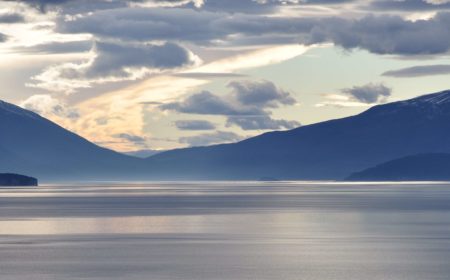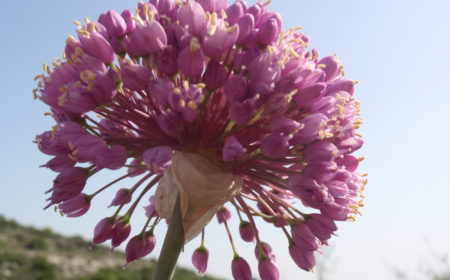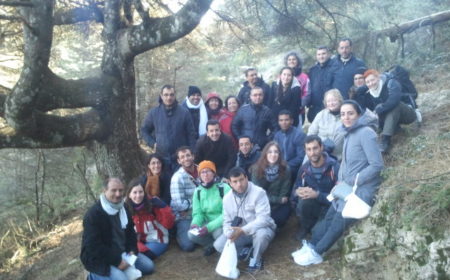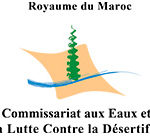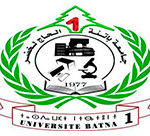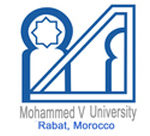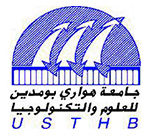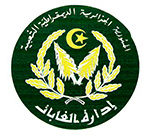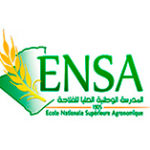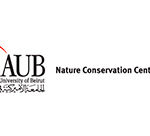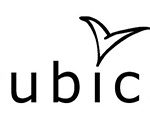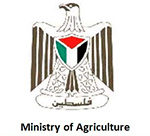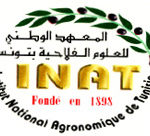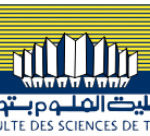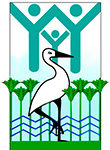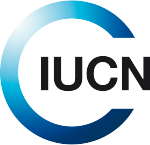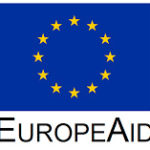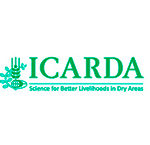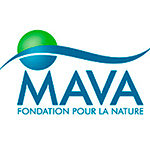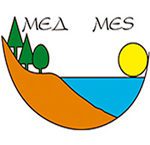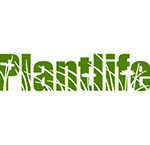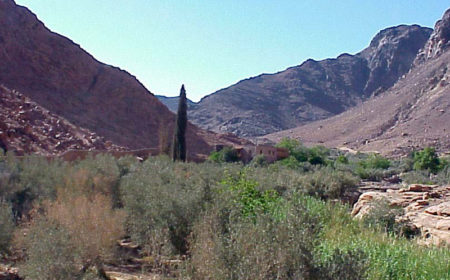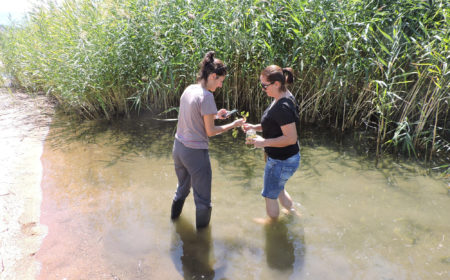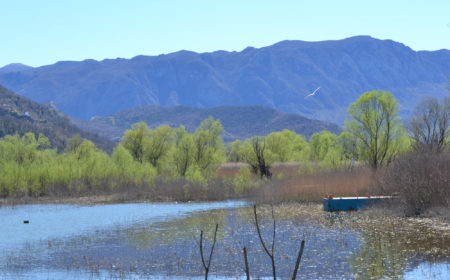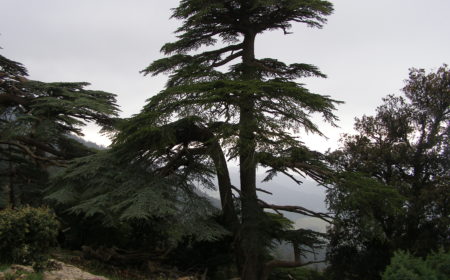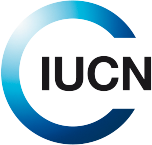This network represents an ambitious initiative to develop plant conservation actions in the South and the East of the Mediterranean, with the aim of strengthening the significance of Important Plant Areas (IPAs) as tools for biodiversity conservation through:
- Documentation of the status and distribution of selected plants species and habitats, including list of selected restricted range endemics and habitat distribution to be used as tool for conservation and management.
- Plant conservation and management actions in selected IPAs involving a variety of stakeholder groups including civil society organisations, research institutions and public administrations.
[ Read more ]
- Building the capacity of stakeholders to undertake plant conservation activities and enhance the network of people, institutions and governments involved in plant biodiversity conservation in the South and East Mediterranean.
- Ensure that the results are used to influence relevant policy mechanisms at national, regional and global level.
- Improve communication mechanisms and networking among practitioners for plant conservation.
The results from these actions will contribute directly to the regional and national decision-making processes by providing information about the principles for sustainable management of natural resources in IPAs and by creating a network of people, institutions and governments involved in plant biodiversity conservation in the Mediterranean. Finally, they will also contribute to Mediterranean wild plants and habitats conservation and this will redound to the benefit of people.

OBJECTIVES
- To improve knowledge on status and distribution of selected plants species and habitats that define IPAs
- To implement site based conservation actions in North Africa and Lebanon
- To implement site based conservation actions in the Balkans and Turkey
- To influence selected policy and decision makers at global and national level
- To build a IPAMed network and to ensure best practices sharing and results multiplication

WHO WE ARE
The project is a partnership between IUCN’s Centre for Mediterranean Cooperation, Plantlife International, Mediterranean Plant Specialist group -SSC and numerous in-country partner organizations from North Africa, the Middle East and the Balkans, whom have already worked together successfully on plant conservation initiatives in the Mediterranean region.
With scientific support of IUCN Commissions (Commission on Ecosystem Management and World Commission on Protected Areas) we all help and encourage citizens, management authorities, local and national governments, experts and NGOs to conserve Important Plant Areas.
[ Read more ]
IUCN Centre for Mediterranean Cooperation has been working since 2000 to achieve its vision for the Mediterranean “Sustainable livelihoods and biodiversity conservation are promoted through cooperation and supported by shared values and culture” and its goal “To influence, encourage and assist Mediterranean societies in achieving both the conservation and sustainable use of natural resources, and sustainable development.”
A just world that values and conserves nature. This is IUCN’s Vision, nature is our life support system. The diversity of life and nature must be conserved for a sustainable development. This requires fundamental change in all dimensions of life and society, including politics and economics, far beyond IUCN’s mandate and capacities. IUCN advances nature-based solutions to halt the destruction of biodiversity[1] and
to sustain development for all, especially the poorest people and communities who depend directly on nature for their livelihoods. A just world must guarantee equitable rights of access to biodiversity and nature’s benefits across generations, gender, economic, social and geopolitical lines. Our mission is to influence, encourage and assist societies throughout the world to conserve the integrity and diversity of nature and to ensure that any use of natural resources is equitable and ecologically sustainable.
The IUCN Centre for Mediterranean Cooperation (IUCN-Med) was created by IUCN members in 2001 and seeks to provide added value
in nature conservation and sustainable development issues throughout the Mediterranean. IUCN has 170 members in the region, and a further 950 members of the six IUCN commissions. This represents a strong network opportunity for regional work and disseminating results throughout the region.
Plantlife International is a charity dedicated exclusively to conserving all forms of plant life in their natural habitats on the UK, Europe and across the world. Plantlife acts directly to stop common wild plants of becoming rare in the wild, to rescue wild plants on the brink of extinction, and to protect sites of exceptional botanical importance. The charity carries out practical conservation work, influences relevant policy and legislation, involves its members in many aspects of its work, and collaborates widely to promote the cause of wild plant conservation.
Plantlife International and IUCN have been named Lead Partners by the Convention on Biological Diversity (CBD) to help facilitate the achievement of target 5 of the CBD Global Strategy for Plant Conservation.
IUCN/SSC Mediterranean Plant Specialist Group was formed in 1995 and currently includes some thirty members. Its objectives are to evaluate and monitor changes in Mediterranean Basin plant diversity; to establish, co-ordinate and implement conservation Action Plans; and to promote sustainable conservation of plants and their habitats among decision makers and the public. The work of SSC/MPSG is part of IUCN’s activities in the Mediterranean.
- Université Mohammed V de Rabat. Institut Scientifique. Département de Botanique et Ecologie Végétale
- 2 local schools from Demir Hisar
- 3 local schools from Resen
- 3 local schools from Bogdanci and Dojran
- Volunteers from the citizen platform known as “We deserve better”

WHERE WE WORK
The activities are implemented in the following countries and territories:
Algeria, Egypt, Lebanon, Macedonia, Morocco, Montenegro, Palestine, Tunisia and Turkey.
The project will also be carried out at a regional scale with activities involving other territories.

WHAT WE DO
Despite widespread acknowledgement of the Mediterranean region as a global plant hotspot, precise data on the distribution and conservation status of plants and habitats within many Mediterranean countries is frequently insufficient, out of date or absent. This is particularly true in the South and East of the Mediterranean basin. Without baseline data on plant diversity patterns, it is difficult to monitor the condition of this diversity or to target with certainty the limiting resources for this species and the areas where conservation efforts should be a priority.
This working package of activities will improve the knowledge of plants in the areas where big information gaps exist. This will be achieved through the
[ Read more ]
This working package of activities will improve the knowledge of plants in the areas where big information gaps exist. This will be achieved through the support provided by the project to botanists, in order for them to undertake field studies to improve and update the knowledge on the distribution and conservation status of plants, the collation of relevant data and vegetation mapping in selected IPAs. Benefits coming from these actions at country/ regional level will include an improved knowledge (and data availability) of plant diversity, plant resources and habitats. This will contribute to the development of conservation and land management policies and in the prioritisation of future investments in plant biodiversity conservation.
Knowledge improvement activities on plants and habitats in the Mediterranean region:
- Capacity building workshops (field data collection, habitat mapping and species conservation planning)
- Species field data collection and conservation actions identification in designated IPA
- IPA Habitat mapping
- Mediterranean IPA profile update including maps and IPA information gathering
- Plantlife IPA Online Database
Based on the results obtained in the Knowledge improvement activities (and in Radford et al. 2011), site based conservation measures focussing on plants and livelihoods will be undertaken in selected IPAs. Benefits will be felt directly at local level through the involvement of all relevant stakeholders securing vital plant resources, and at national level (or above) by demonstrating plant conservation measures, that are replicable throughout the region.
To ensure replicability in other Mediterranean IPAs, local approaches for plant conservation and reduction of threats varies among the sub-regions. For example, in North African IPAs, the involvement of public administration is a key element for success. On the other hand, Balkan IPAs focus on the involvement of civil society and volunteers in conservation actions. Turkey and Lebanon is a mixed model between the above mentioned.
Site based plant conservation/management actions undertaken in selected IPAs with a variety of local stakeholders activities:
- Participatory meetings for local stakeholder involvement at the IPA level
- Community site based conservation
- IPA Zoning and habitat mapping
- Fundraising for plant conservation
Successful conservation requires appropriate and targeted actions to ensure the conservation and sustainable use of plant species and habitats. This includes effective advocacy of positive change in environmental policy and its implementation.
The creation of a network focusing on biodiversity conservation in IPAs will strengthen communication between different actors. This will allow at the same time the exchange of experiences and information among stakeholders in the region. A database containing information about biodiversity, threats, habitat and species status in IPAs will gather the work of the network’s members. This will on the one hand refine and support the methodology of IPAs identification to influence Key Biodiversity Areas designations, and on the other hand monitor the biodiversity status and trends in the region.
These activities aim at influencing policies for plant conservation through the inclusion of threatened species and habitats in national and international legal frameworks and the recognition of IPAs as priority sites for conservation in local, national and regional environmental policies.
Increasing the profile of these IPAs will be a priority for the project. The project will promote best practices at regional and national level. It will contribute to national plant conservation strategies and initiatives with respect to food, health and livelihood security. Increasing public awareness and commitment of stakeholders is essential for the uptake and the appropriate use of the information and recommendations resulting from this project. This includes stakeholders from local resource users as well as institutions responsible for assigning protection status at national and regional levels. The project partners have already developed strong partnerships with many local stakeholder groups and large corporations but will expand the target audience in order to share the results of this project
Influence relevant policy mechanisms, Networking and Communication activities:
- Reinforce the role IPAs play in International conservation tools
- Establish a Community vision
- Build the Plant conservation experts Network
- Capacity building sessions for local NGOs networks
- 1st Med Plant Conservation Week
- Project website and Documentation platform
- Regional Publications
- Plant Communication messages
- Local awareness activities

OUR DONORS
The MAVA Foundation is a family philanthropic foundation focusing on biodiversity conservation with a very active programme in the Mediterranean Basin. It is the main donor of the IPAMed project.
“vision: to conserve biodiversity for the benefit of people and nature by funding, mobilizing and strengthening our partners and the conservation community.”
EUROPEAID is also a key donor for the co-funding of the IPAMed project.
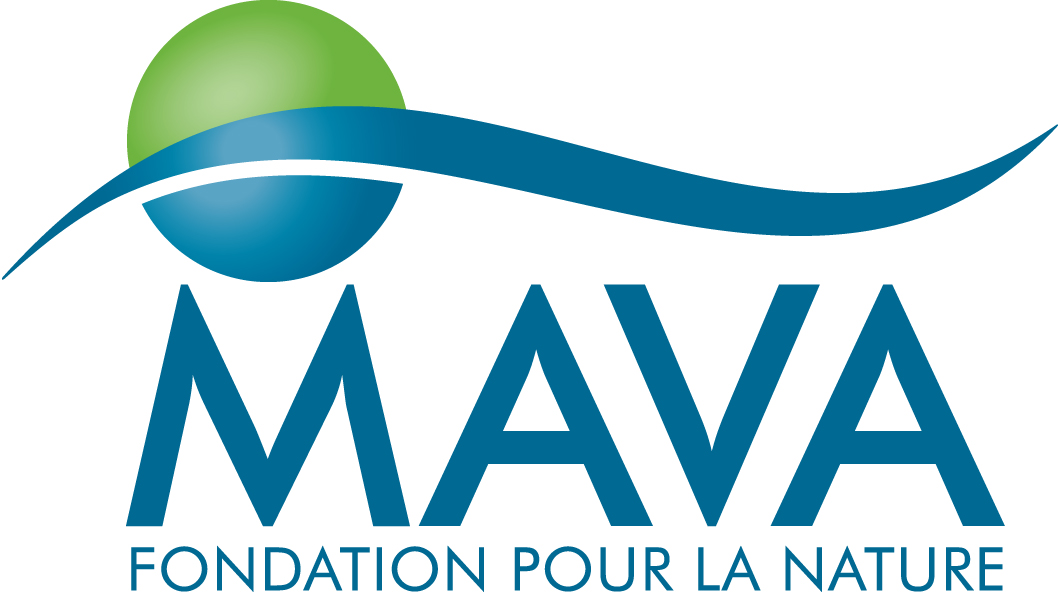
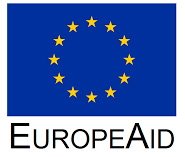

DURATION
The IPAMed project is a long term multi-stakeholder process for plant conservation in the Mediterranean Region and had had the following phases:
First phase:
Important Plant Areas of the south and east Mediterranean region.
Priority sites for conservation.
(October 2009 – August 2010).
Second phase:
Conserving wild plants and habitats for people in the south and east Mediterranean
(September 2014 – December 2017).

